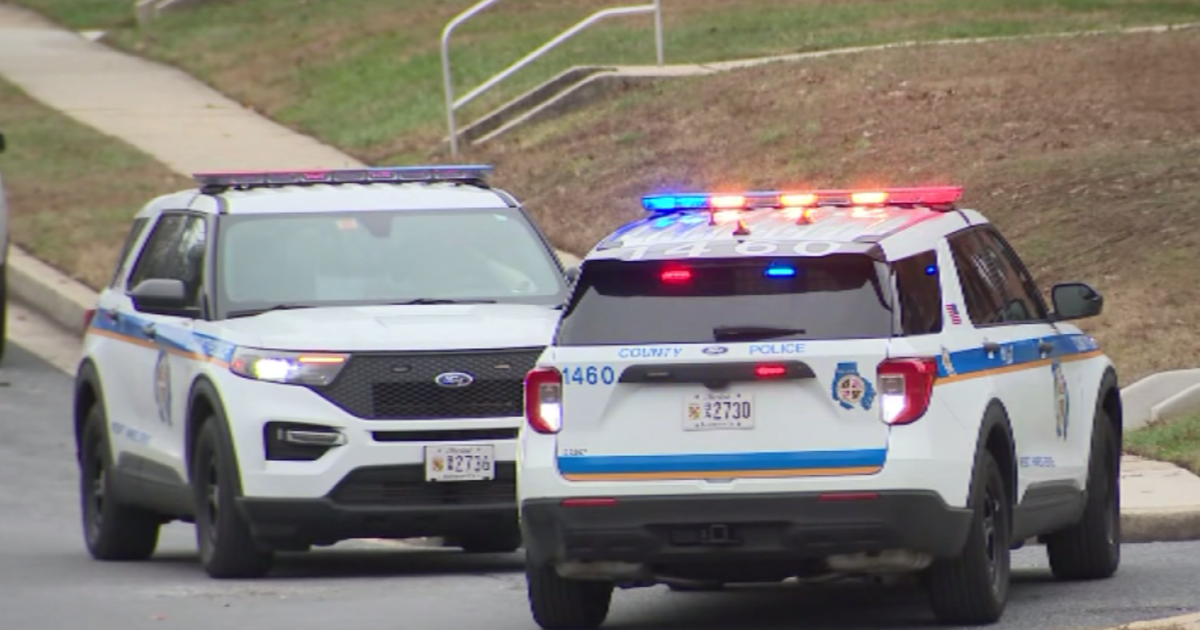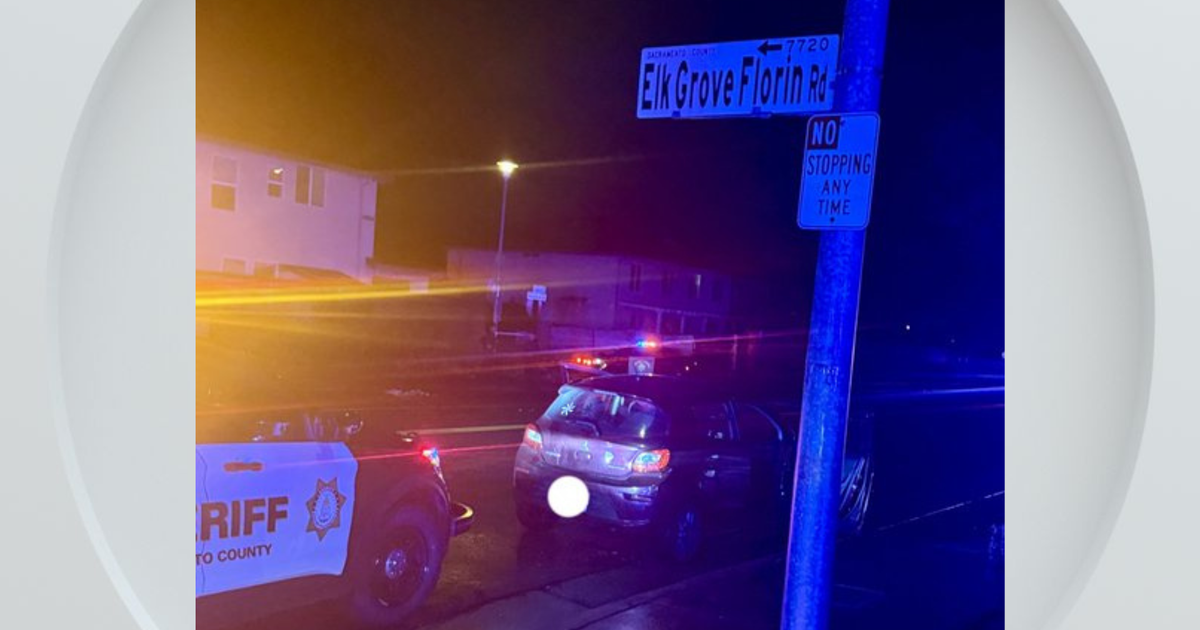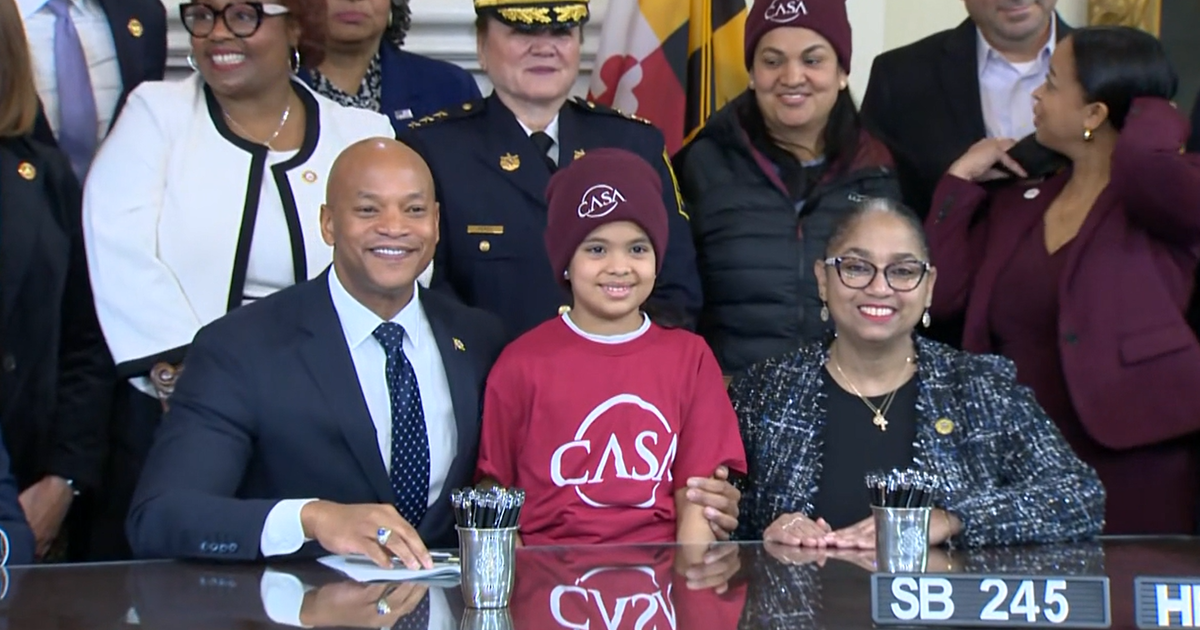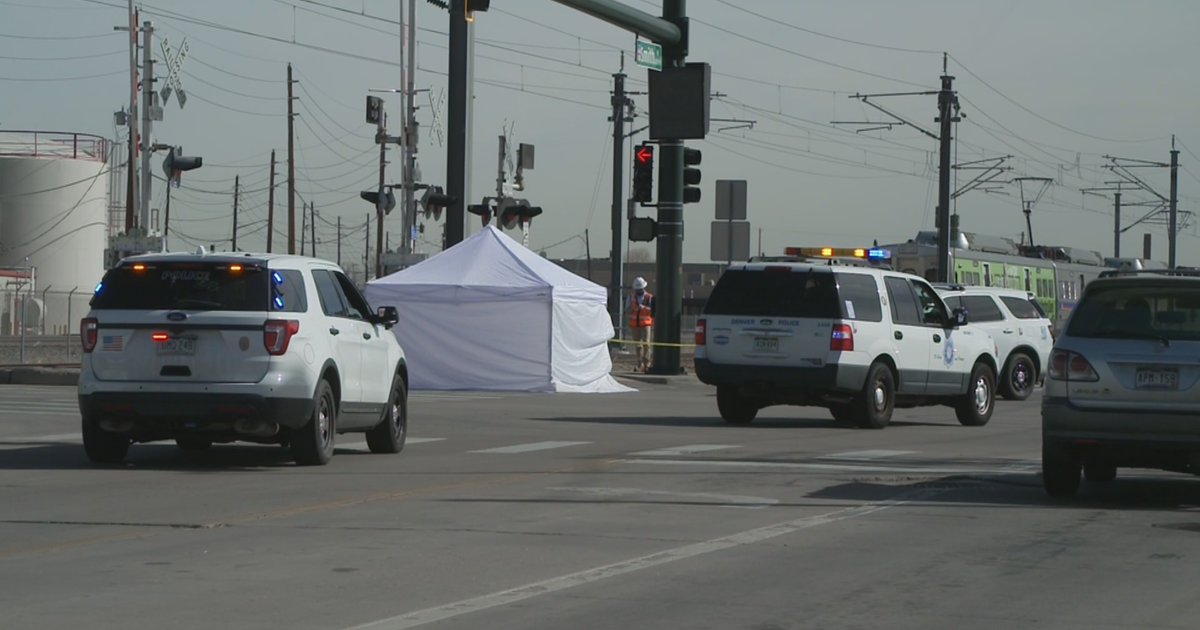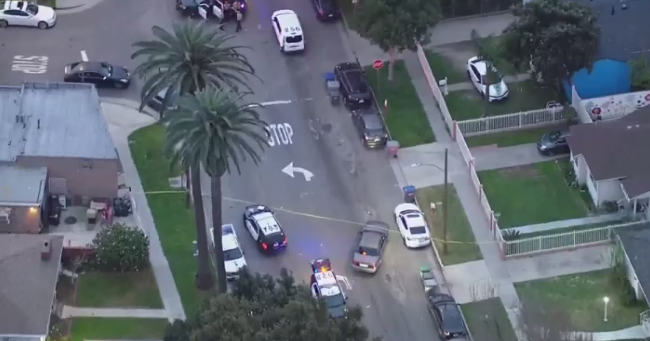Law Enforcement Predicts Minimal Training Changes After New Use Of Force Law
SACRAMENTO (CBS13) — California's Governor signed the new use of force law Monday, touting it as a "remarkable moment" among dozens of family members who lost loved ones to police violence.
This comes as some critics say the law doesn't go far enough. Experts say the training curriculum is already addressing many of the issues brought to light since the Stephon Clark shooting death investigation.
"What I find frustrating is it really truly serves as a distinction without a difference. There is no fundamental difference to come out of this," said former Sacramento County Sheriff John McGinness.
McGinness doesn't mince words when it comes to California's new use of force law or what some refer to as "Stephon Clark's law."
READ ALSO: Woman Body Slammed During Traffic Stop Prompts Use Of Force Investigation
"It's a capitulation to a very vocal group of people to create the appearance change has been affected," said McGinness.
The law says law enforcement can use deadly force only when "necessary" instead of the previous wording of when "reasonable," which is how AB 392 was first written.
"It would have put police officers in a different position where they would have to wait until what would be articulated as necessary effectively requiring 20/20 hindsight," said McGinness.
Many agencies say using deadly force "when necessary" is already their standard.
"From our perspective, nothing has changed in our policy. This is the stuff we teach and train to every day and have for years," said Sacramento County Sheriff's Sergeant Tess Deterding.
ALSO: Police Searching For Man Accused Of Sexually Assaulting Woman At Sutter's Landing Regional Park
When it comes to training, the Sacramento County Sheriff's office says departments have already implemented policies to steer away from the use of force. For example, they practice those policies in situations where mental illness is involved.
"Now we have experts, psychiatric experts and mental health experts, that ride in our patrol vehicles with deputies," said Deterding.
She said the new law could mean more documentation of the decision-making process.
"There are certain things they are doing that are not conscious to them, like checking the premise history of a residence they are responding to, looking and seeing who we have contacted before at that residence. They would write that down," said Deterding.
But at the end of the day, McGinness said the new law could create confusion and increase the likelihood of civil litigation.
This new law also prohibits police from firing on fleeing felons who don't pose an immediate danger. But experts say that already exists in case law.
